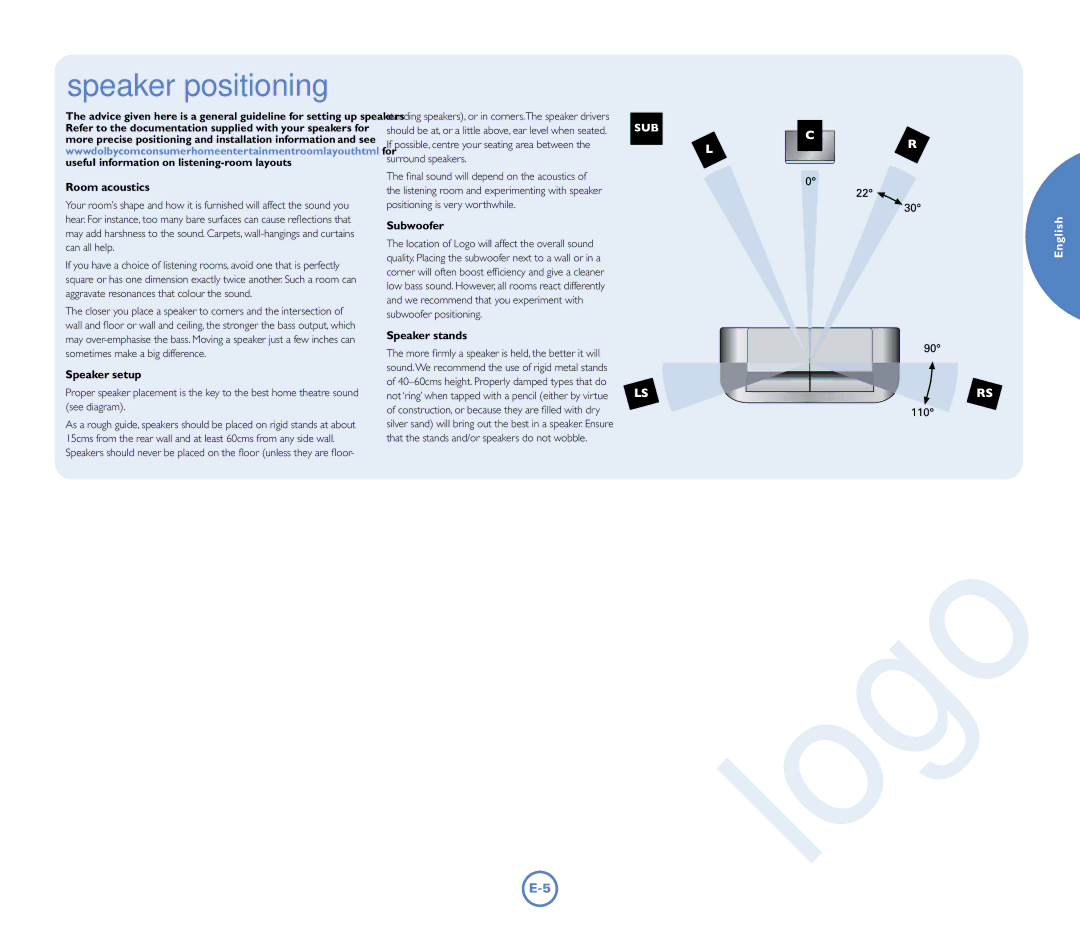Logo specifications
The Arcam Logo is a noteworthy advancement in the world of additive manufacturing, particularly in the field of metal 3D printing. Developed by Arcam, a company known for its pioneering work in electron beam melting technology, the Logo is designed to provide high-quality and efficient metal part production, catering primarily to industries such as aerospace, medical, and mold making.One of the standout features of the Arcam Logo is its use of electron beam melting (EBM) technology. This innovative process utilizes a focused beam of electrons to melt metal powder layer by layer, allowing for the creation of complex geometries that traditional manufacturing methods cannot achieve. By leveraging EBM, the Arcam Logo enables manufacturers to produce lightweight structures with intricate designs, which is particularly beneficial in applications where weight reduction is critical.
Another significant characteristic of the Arcam Logo is its ability to utilize a wide range of metal materials, including titanium, cobalt chrome, and other alloys. This versatility makes it suitable for various applications, from producing custom implants in the medical field to crafting high-performance aerospace components. The machine's software is also designed to optimize the printing process, resulting in improved surface finishes and reduced post-processing time.
The Arcam Logo incorporates advanced features such as an integrated powder handling system that enhances efficiency and safety during the printing process. This system minimizes powder exposure to operators while ensuring optimal powder management, which is crucial for maintaining the quality of the printed parts.
Additionally, the Arcam Logo's user-friendly interface simplifies the operation and monitoring of the printing process. Operators can easily manage print jobs, review production parameters, and make necessary adjustments in real time, ensuring that the manufacturing process is smooth and efficient.
In summary, the Arcam Logo stands out in the realm of metal 3D printing through its advanced electron beam melting technology, versatile material capabilities, and innovative features that enhance efficiency and user experience. As industries continue to seek more efficient manufacturing methods, the Arcam Logo represents a significant step forward in producing high-quality metal parts with unparalleled design freedom.

